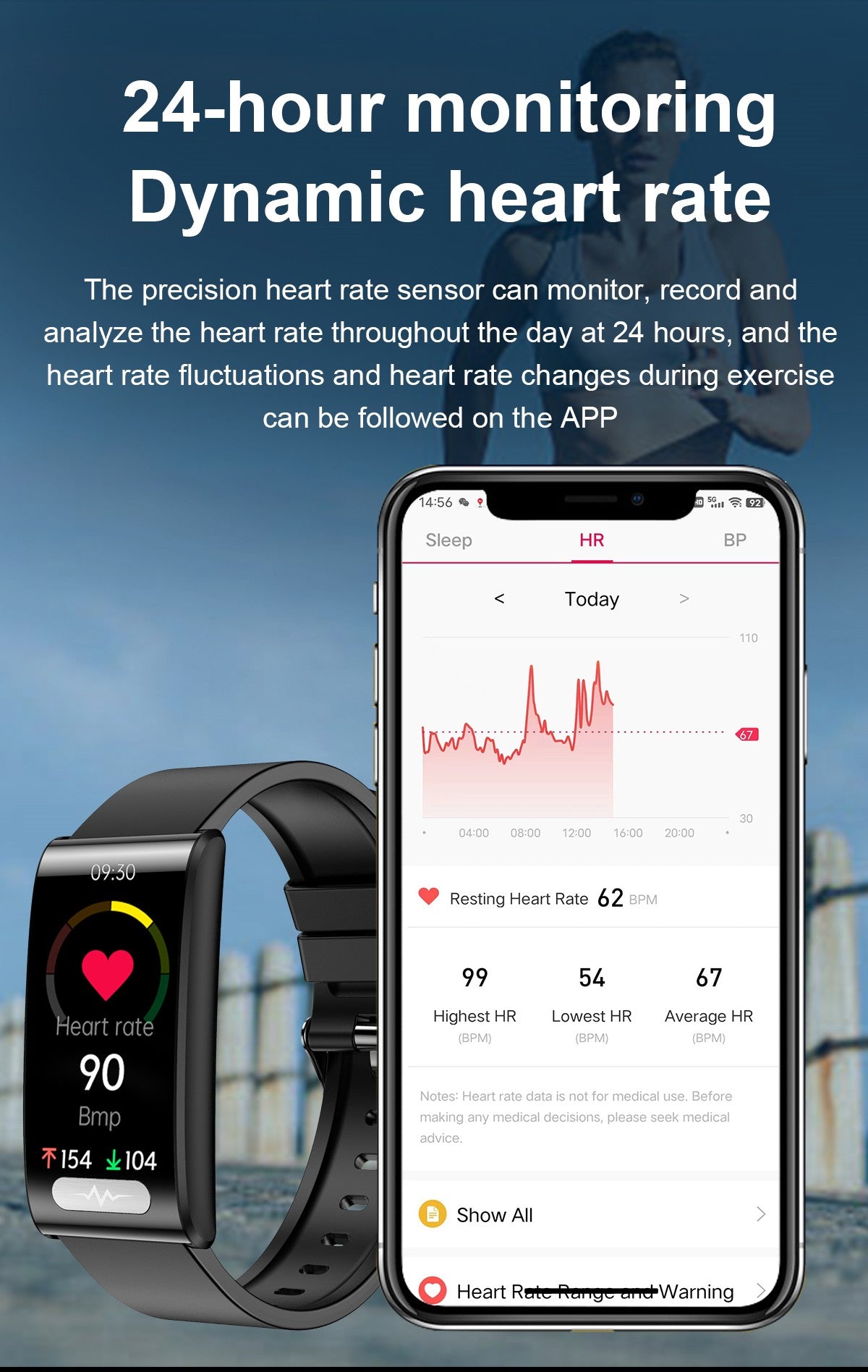The Runner’s Guide to Avoiding Stomach Troubles
Running is not just about putting one foot in front of the other; it's a holistic experience that involves the mind, body, and yes, the stomach. While hitting the pavement or trails can provide a sense of freedom and exhilaration, many runners have also experienced the dreaded stomach troubles that can accompany their runs. Whether it's cramps, bloating, or the urgent need for a bathroom break, digestive issues can put a damper on your running routine. But fear not! With the right strategies and precautions, you can minimize the risk of stomach troubles and enjoy your runs to the fullest. Here's your comprehensive guide to keeping your stomach happy while pounding the pavement.
1. Mind Your Pre-Run Meal
What you eat before a run can have a significant impact on your digestive comfort. Avoid heavy, greasy, or spicy foods that may sit heavily in your stomach and increase the risk of discomfort or indigestion. Instead, opt for easily digestible carbohydrates, lean proteins, and a moderate amount of healthy fats. Consider a balanced meal or snack containing options like oatmeal with banana, whole grain toast with nut butter, or yogurt with granola. Additionally, aim to eat your pre-run meal at least one to two hours before hitting the road to allow for digestion.

2. Stay Hydrated, But Not Too Much
Proper hydration is essential for optimal performance and overall health, but guzzling large amounts of water right before a run can lead to stomach sloshing or discomfort. Instead, focus on staying hydrated throughout the day by sipping water regularly. Aim to drink enough fluids to maintain urine that is pale yellow in color. If you're heading out for a long run, consider sipping on a small amount of water or electrolyte drink beforehand, but avoid excessive consumption that could overwhelm your stomach.
3. Experiment with Timing
Finding the right timing for your pre-run meal and hydration can be a matter of trial and error. Some runners feel best when they eat a larger meal a few hours before running, while others prefer a smaller snack closer to their workout time. Similarly, experimenting with the timing of your hydration can help you find what works best for your body. Pay attention to how different timing strategies affect your energy levels, digestive comfort, and performance, and adjust accordingly.
4. Choose Your Fuel Wisely
During longer runs, you may need to refuel with carbohydrates to maintain energy levels and prevent bonking. However, not all fueling options are created equal when it comes to digestive tolerance. Experiment with different forms of on-the-go fuel, such as energy gels, chews, or sports drinks, to find what works best for you. Look for products that are specifically designed for endurance athletes and formulated to be easy on the stomach. Additionally, avoid trying new fueling products on race day to minimize the risk of gastrointestinal surprises.
5. Listen to Your Body
Above all, listen to your body and honor its signals. If you experience any discomfort or early signs of stomach trouble during a run, don't ignore them. Take a break if necessary, slow down your pace, or adjust your route to include restroom stops if needed. Ignoring symptoms and pushing through could exacerbate the issue and lead to more serious consequences. Remember that it's better to prioritize your health and well-being than to push through discomfort at the expense of your digestive system.
6. Consider Environmental Factors
Environmental factors such as heat, humidity, and altitude can also impact your digestive comfort during runs. Hot and humid conditions may increase the risk of dehydration and gastrointestinal distress, while running at higher altitudes can affect digestion due to changes in oxygen levels. Be mindful of these factors and adjust your hydration, fueling, and pacing strategies accordingly when running in challenging conditions.

7. Practice Good Post-Run Recovery
After completing your run, prioritize post-run recovery to support digestion and overall recovery. Refuel with a balanced meal or snack containing carbohydrates and protein to replenish glycogen stores and support muscle repair. Gentle stretching or yoga can also aid digestion by promoting blood flow to the digestive organs and reducing muscle tension. Finally, listen to your body's hunger and fullness cues, and avoid overeating or consuming large amounts of rich or heavy foods immediately after running.
By implementing these tips and strategies, you can minimize the risk of stomach troubles and enjoy a more comfortable and enjoyable running experience. Remember that every runner is unique, so don't be afraid to experiment and find what works best for your body. With a little trial and error, you'll be able to hit the road with confidence, knowing that your stomach is on your side. Happy running!
The BP Doctor smart watch can also be your good partner during running, helping you control your running time and record your physical condition.








